5 Cookie Baking Mistakes (And How To Avoid Them)
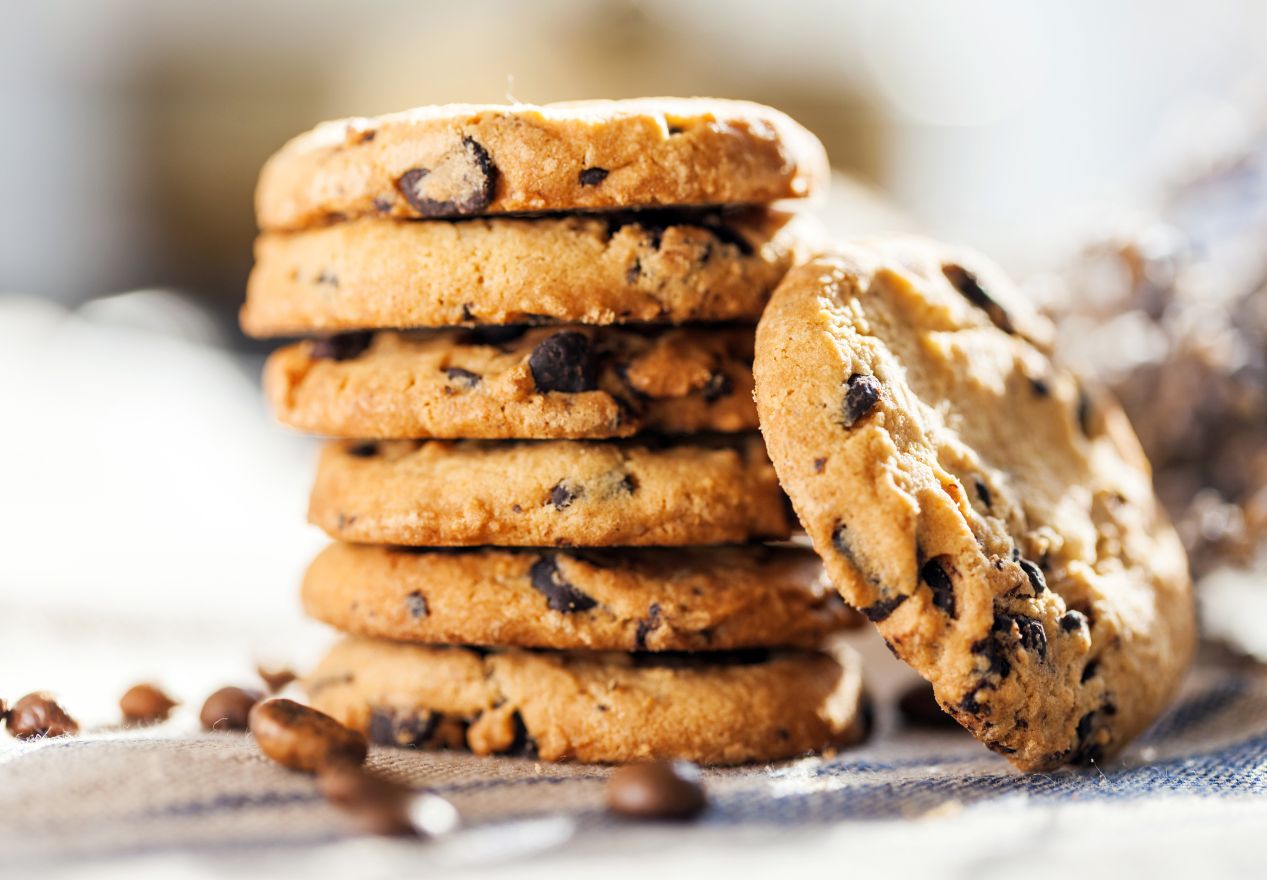
Erika Marie is a fashion and beauty writer as well…
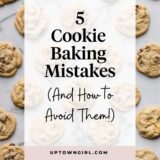
We’ve all been there – eagerly awaiting a batch of freshly baked cookies only to be disappointed with the results. But fear not! Learn from these common cookie baking mistakes and elevate your baking game. From flat cookies to burnt edges, we’ll guide you through the pitfalls so you can achieve cookie perfection every time. Let’s get those ovens preheated, shall we?
Overmixing the dough
While overmixing cookie dough may seem harmless, excessive mixing can lead to less-than-perfect cookies. The first problem that arises from overmixing is tough and dense cookies. When you mix the dough for too long, you activate gluten formation in the flour, resulting in a chewy texture instead of a tender one.
As you mix the dough for an extended period, more and more air gets trapped within its structure. This excess air expands during baking due to heat, causing the cookies to spread outwards instead of maintaining their original shape. The result? Thin and flat cookies that may end up melding together on your baking sheet.
So, if you are tempted to keep mixing until all ingredients are fully incorporated, remember that a few streaks of flour are okay!
Using expired or low-quality ingredients
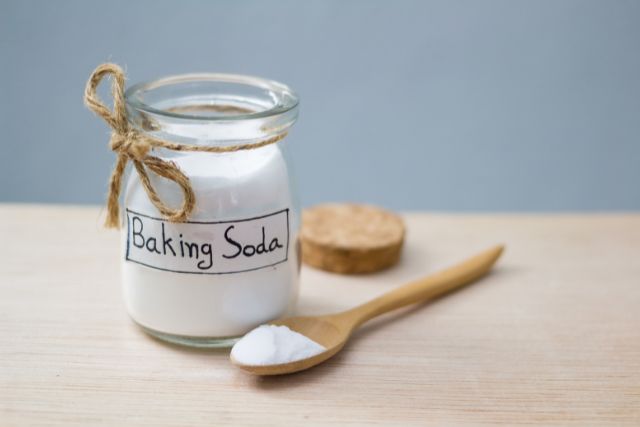
Using expired or low-quality ingredients can be a major pitfall when baking cookies. While it may be tempting to use that old bag of flour that has been sitting in the back of your pantry for years, or those eggs with a questionable expiration date, doing so can significantly affect the taste and texture of your final product.
Expired ingredients may have lost their freshness and could introduce unwanted flavors into your cookies. Similarly, low-quality ingredients such as cheap chocolate chips or imitation vanilla extract might not provide the desired depth of flavor, resulting in lackluster cookies.
Pay attention to the freshness and quality of the ingredients you use, as they directly impact the taste and texture of your final cookies. Always check the expiration dates on all your ingredients before using them in any recipe.
Neglecting to chill the dough
Another common and detrimental error is neglecting to chill the cookie dough before baking. Many home bakers are eager to get their cookies into the oven quickly, but this step should never be skipped.
Firstly, chilling the dough allows the fat in the butter or shortening to solidify, resulting in less spread during baking. When you skip this step and immediately pop your dough into the oven, you’ll end up with flat and overly thin cookies that resemble pancakes more than traditional cookies.
Giving your dough some time to rest in the refrigerator makes its structure firmer, preventing excessive spreading and ensuring a nicely rounded shape.
Ignoring proper measuring techniques
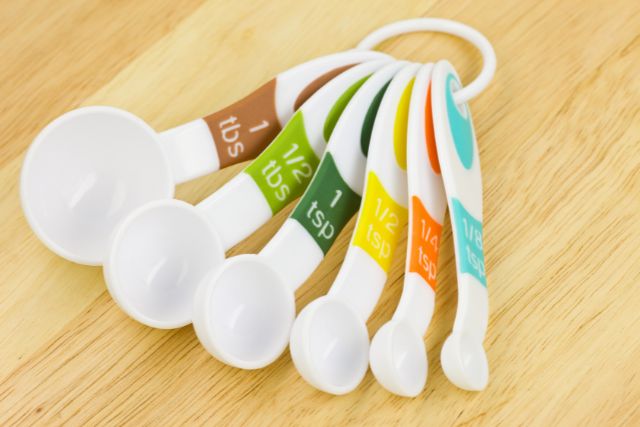
Ignoring proper measuring techniques is one of the most common mistakes amateur bakers make when it comes to cookie baking. Whether you’re using too much or too little of an ingredient, even a slight miscalculation can greatly affect the end result.
Measuring ingredients accurately is crucial for achieving perfect cookies. When following a recipe, using the correct measuring tools, such as measuring cups and spoons specifically designed for dry or wet ingredients, is important. Eyeballing measurements or using random kitchen utensils can lead to inconsistent results.
Additionally, remember to level off dry ingredients like flour or sugar with a straight edge after scooping them into the measuring cup to avoid packing in excess amounts.
Overbaking or underbaking the cookies
Are your cookies turning out too crispy or too gooey? You may fall victim to the common baking mistakes of overbaking or underbaking.
Overbaking occurs when cookies are left in the oven for too long, resulting in a dry and hard texture. The excessive heat causes the sugars to caramelize excessively, causing the edges to become dark brown or even burnt. Furthermore, overbaked cookies lose their softness and chewiness, making them less enjoyable.
To avoid this mistake, set a timer when you put your cookies in the oven and closely monitor their progress towards the end of baking time.
Underbaking happens when cookies are not left in the oven long enough to reach their desired texture and flavor. This mistake often occurs because bakers fear overcooking their treats, resulting in dry or burnt results. However, baking time varies depending on the recipe and the size of your cookies.
Follow the instructions precisely and use visual cues such as golden edges or slightly cracked tops to indicate doneness.
Wrapping Up
Cookie baking mistakes are common but can easily be avoided with a little knowledge and practice. From using the wrong measurements to overmixing the dough, these errors can lead to less-than-perfect cookies. However, by following the tips mentioned above and paying attention to details such as ingredient temperatures and bake times, bakers can ensure delicious and mouthwatering treats every time.
So next time you find yourself in the kitchen, armed with a cookie recipe and an oven mitt, remember to avoid these common mistakes for baking success. Happy baking!
Pin it, save it, love it! Save this image to Pinterest to bookmark this page!
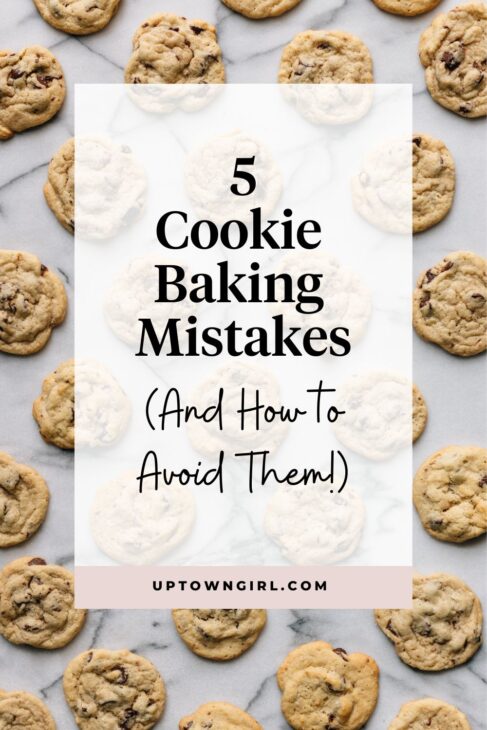
Erika Marie is a fashion and beauty writer as well as a hardcore vintage clothing enthusiast. In her free time, she can be found thrifting for hidden gems to add to her collection.






